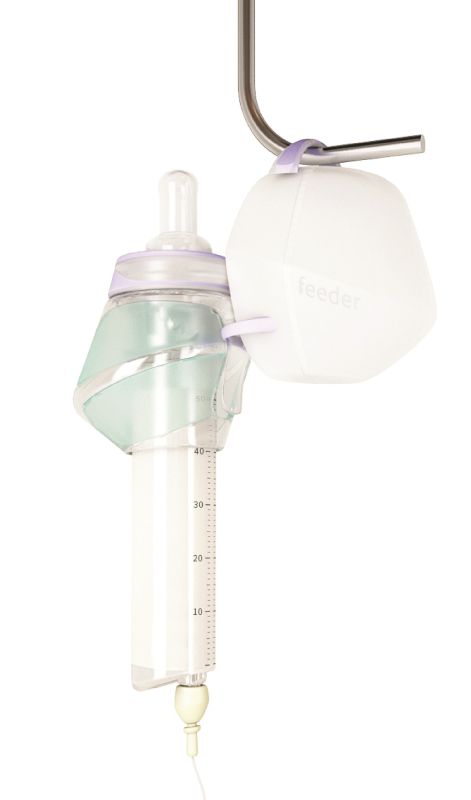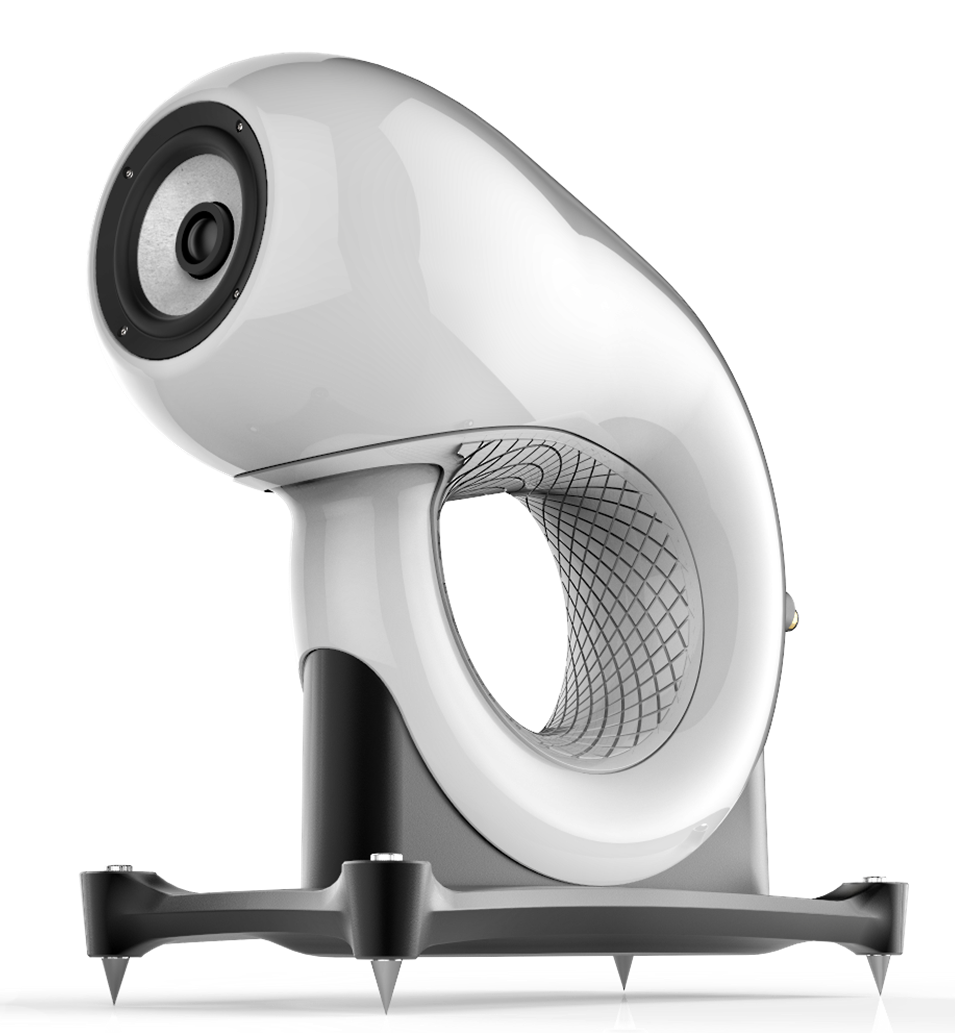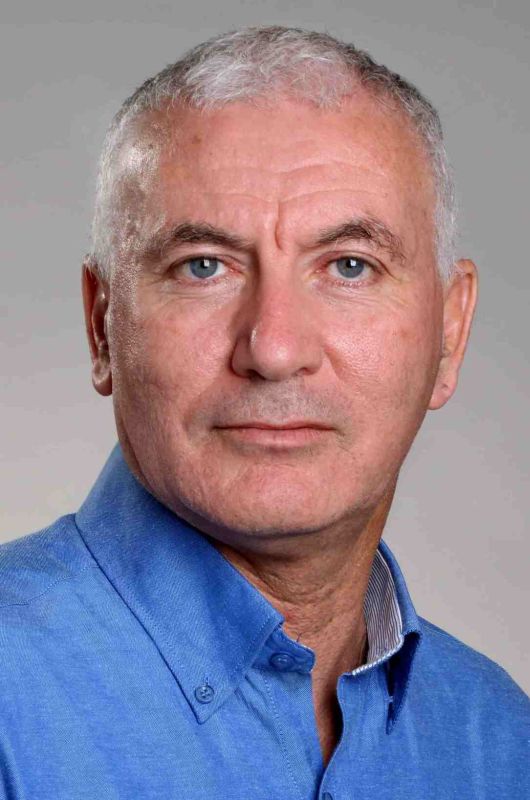Scores of successful inventions are shepherded from the classroom to the marketplace by Israel’s renowned system of university technology-transfer companies (TTCs).
Just a few of the companies established via TTCs are Mobileye (Yissum, Hebrew University), Mazor Robotics (T3, Technion), Phinergy (BIRAD, Bar-Ilan) and BrainStorm Cell Therapeutics (Ramot, Tel Aviv University).
But what about all the ideas percolating at Israel’s smaller colleges and research institutes that can’t afford a proper TTC?
Many of those technologies and designs withered on the vine until the 2013 establishment of SNÉ, Israel’s first national TTC.
“As a private company, we are not driven by the interests of the researchers or the universities. Our only interest is the business potential of the idea,” SNÉ chief executive officer Avi Ben-Zichri tells ISRAEL21c.
With $6.8 million from the Council of Higher Education and a fresh infusion of $2.5 million from Arieli Capital, SNÉ now plans to expand its services to 45 institutions and is readying a handful of startups for launch:
- A kit to help neonatal intensive care unit nurses transfer breast milk from mothers to newborns with significantly less staff involvement, milk loss, mix-ups and exposure to contamination.

- A portable electro-optic testing device and image-processing solution to help textile and clothing manufacturers detect the risk of pilling, a common defect in low-quality fabrics that currently is assessed manually.
- A 3D-printed speaker enclosure geometrically designed to eliminate back-wave distortion to ensure better audio fidelity for home stereo and home theater systems.
- A special curved needle for sewing ultra-fine carbon-fiber thread in manufacturing processes. The brittle thread tends to snap when bent during standard machine sewing.

- An automated process to permeate thermoplastic packaging materials with essential oils that are then infused into the package in a controlled manner to extend the shelf life of food, fragrances and pesticides.
- A software-based analysis tool that automates protein annotation for industries that need to duplicate the functionality of existing proteins for biopharmaceuticals, food substitutes, flavor and fragrance, consumer materials, textile coloring and detergents.
Proactive approach
“We are very proactive from step one. We approach the researchers to find ideas and prepare a business plan, and identify and approach target customers,” says Ben-Zichri, a former executive at Siemens Data Communications, Oplus, NeuStar and Intel.
Among SNÉ’s clients are the Bezalel Academy of Arts and Design; Shenkar College of Engineering, Design and Art; Hadassah Academic College; Jerusalem College of Technology; ORT Braude College of Engineering; Medical Center of the Galilee and Ruppin Academic Center.
Some of these institutions have no TTC while others have shoestring TTCs needing a stronger partner.
Prof. Moshe Shavit, head of the entrepreneurship center at ORT Braude in Karmiel, took over management of the college’s Ofek tech-transfer company two years ago. As the sole, part-time staffer his chances of success were limited, so he turned to SNÉ for assistance in early 2015.
“ORT Braude’s commercialization activities now are done in a much more professional and organized way, from invention disclosure to analysis to identifying the proof of concept and potential partners and investors,” Shavit tells ISRAEL21c.
“Before, we didn’t have a patent committee and now we have an advisory board to help us make decisions. SNÉ funded five patents and handled the patenting process, which saved us a lot. They also help us decide whether to drop a patent that is taking too many resources without delivering results. This also saves us a huge amount of money.”
Working with SNÉ encourages the college’s researchers, Shavit says. “In the past, they didn’t notice any benefits. Now they see a light at the end of the tunnel so they’re more motivated.”
The protein annotation automation software mentioned above was invented by an ORT Braude computer science professor. SNÉ arranged to bring in (and subsidize) a graduate computer-science student this fall to help build a proof of concept to present to investors.
A creature with two heads
Each partner institution is assigned a SNÉ professional to judge the maturity and potential of ideas. The best candidates get passed on to an account manager, who meets with the researcher to formulate a business plan. At that point, an expert in the specific field is brought in.
“This expert is like a creature with two heads – someone who has a very good academic background and real business experience,” says Ben-Zichri.

“I need these two heads to be able to understand the research end and to understand the business potential.”
These experts often suggest different or additional applications that the inventor may not have considered. “I call this IP enrichment,” says Ben-Zichri.
Founded by Dr. Shai Yarkoni, Omri Raisman, Gerardo Nahum and Amos Konforti, SNÉ is based in Ra’anana and has 10 employees. The company won an eight-year government tender in 2013, with an option to extend for four more years.
For more information, click here.














